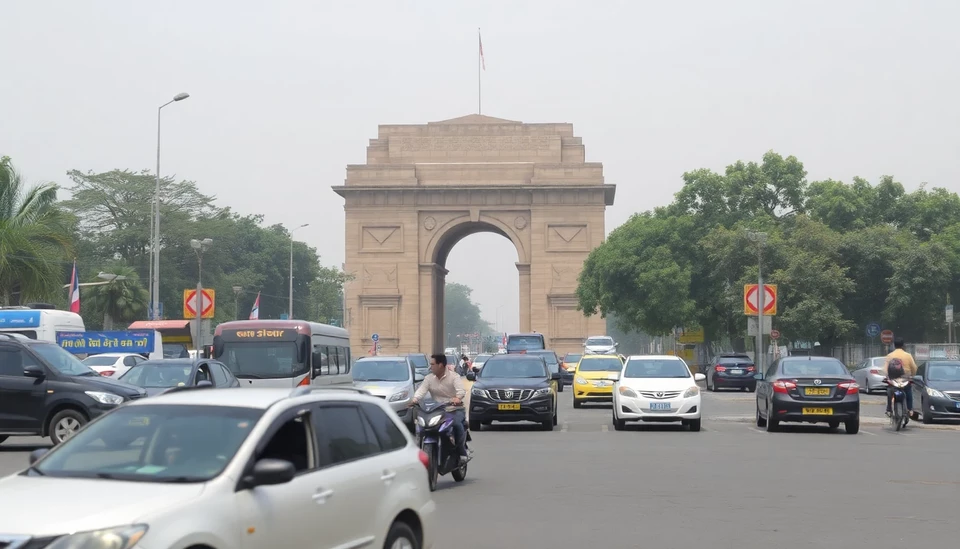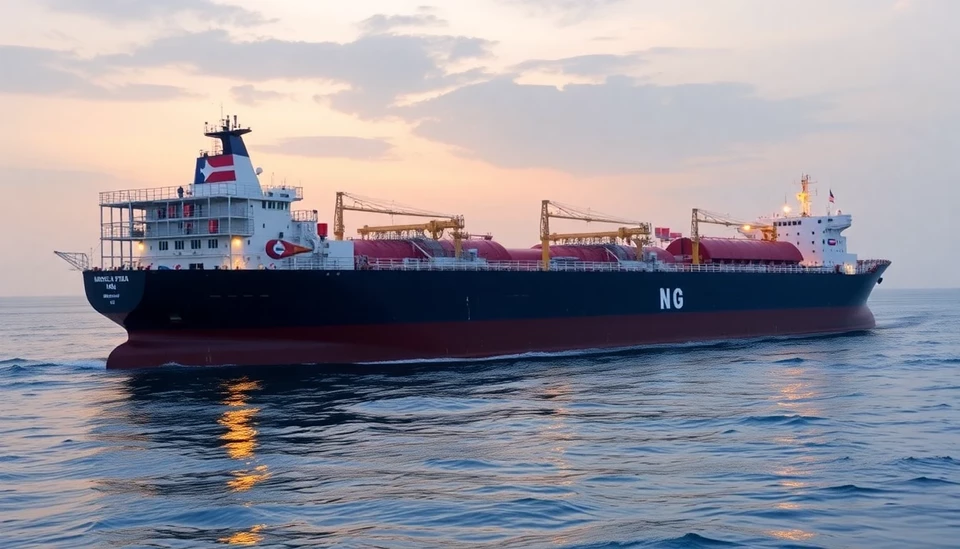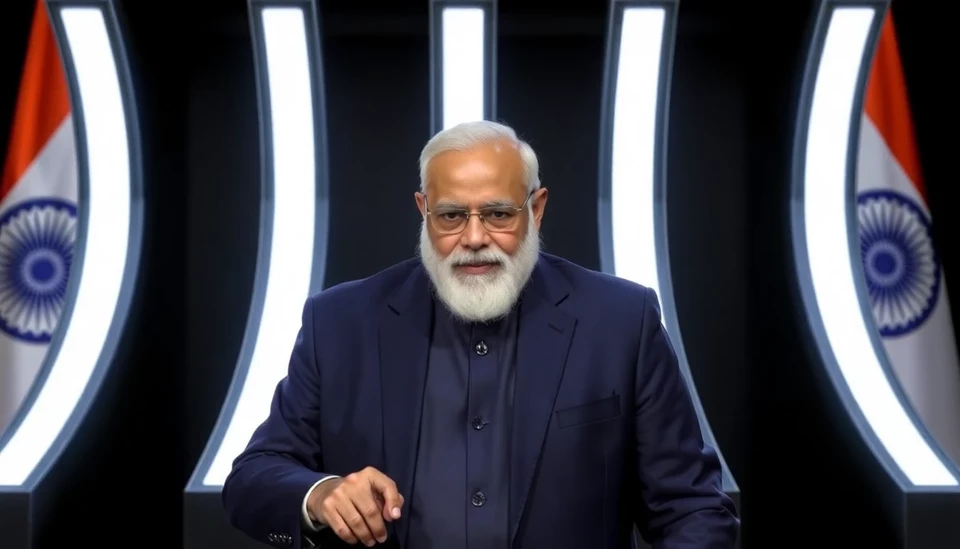
In a significant policy shift, India has announced a reduction in the subsidized prices of gas for vehicles, a move that comes even as the national capital, Delhi, grapples with some of the worst air pollution levels in recent times. The decision to cut back on the cheap gas initiative is part of the government's broader effort to prioritize environmental sustainability and improve air quality.
The new measures, aimed at reducing dependence on subsidized fuel, are both surprising and controversial, especially considering the mounting evidence linking vehicular emissions to the severe smog that blankets Delhi each winter. As the city struggles with hazardous air quality, many are questioning whether the reduction in subsidized gas will exacerbate the situation, pushing more drivers towards alternative fuel options or potentially increasing the number of well-to-do drivers opting for private transport as public transit struggles to cope with demand.
Authorities have pointed out that while the subsidized gas program was initially designed to provide affordable fuel to those who need it most, the increasing cost burden on the government has necessitated a reevaluation of this scheme. Officials have recognized that a reliance on cheap fossil fuels is incompatible with greater sustainability goals, especially given the urgent need to address climate change and public health matters linked to air pollution.
The impact of this decision is expected to ripple through various segments of the economy. Consumers will likely face higher fuel costs, which could deter some from driving altogether or prompt a shift towards more eco-friendly vehicles. Discussions around electric and hybrid vehicles have intensified as the government considers increasing incentives for cleaner alternatives. However, the transition is complicated by a lack of infrastructure and the higher upfront costs associated with such vehicles.
Environmentalists have lauded the government's decision as a step in the right direction but emphasize that comprehensive plans need to be put in place to not only combat air pollution but also create viable fuel alternatives for everyday commuters. Protestors and citizen advocacy groups, however, express concerns that the financial strain of increased fuel costs may disproportionately hit low-income families, potentially nullifying efforts to achieve social equity while confronting climate change.
Meanwhile, Delhi's air quality management continues to be a focal point of public outcry as residents deal with serious health implications stemming from persistent pollution. The government, under pressure to respond, has promised additional measures to combat air contamination through stricter regulations on emissions and investment in green technologies.
The challenge lies in balancing immediate economic needs with long-term environmental goals. As India navigates these complexities, the forthcoming months will be critical in determining the efficacy of this latest policy and its reception among the populace. Stakeholders from all sectors will have to come together to explore solutions for cleaner air while maintaining the livelihoods of countless individuals dependent on transportation.
#India #AirQuality #SubsidizedGas #DelhiPollution #EnvironmentalSustainability #CleanEnergy #GovernmentPolicy
Author: Samuel Brooks




